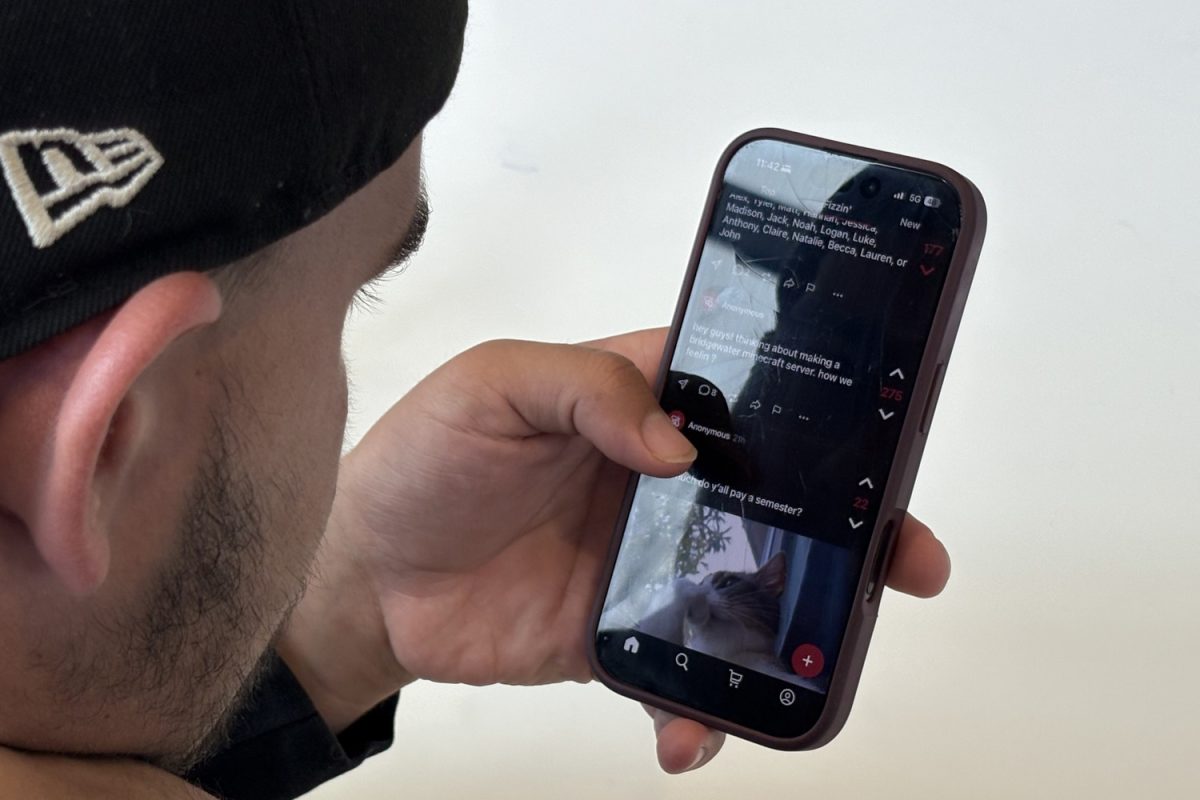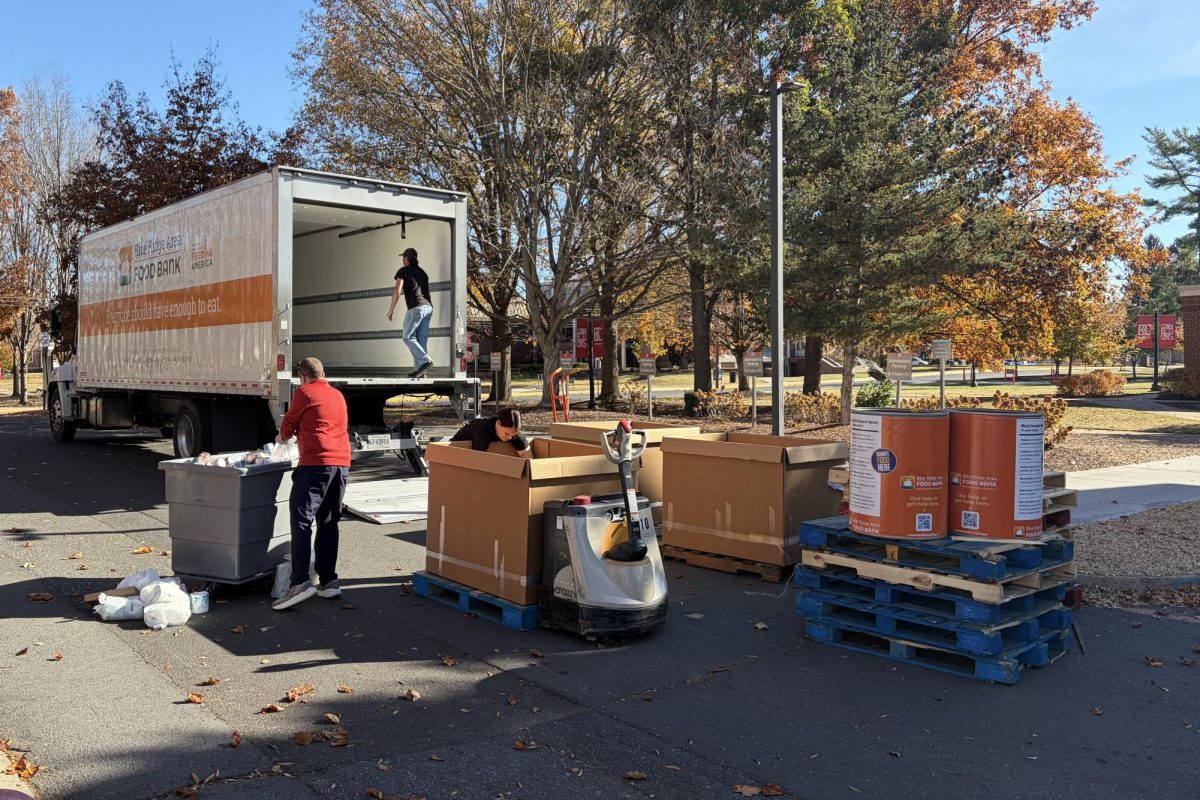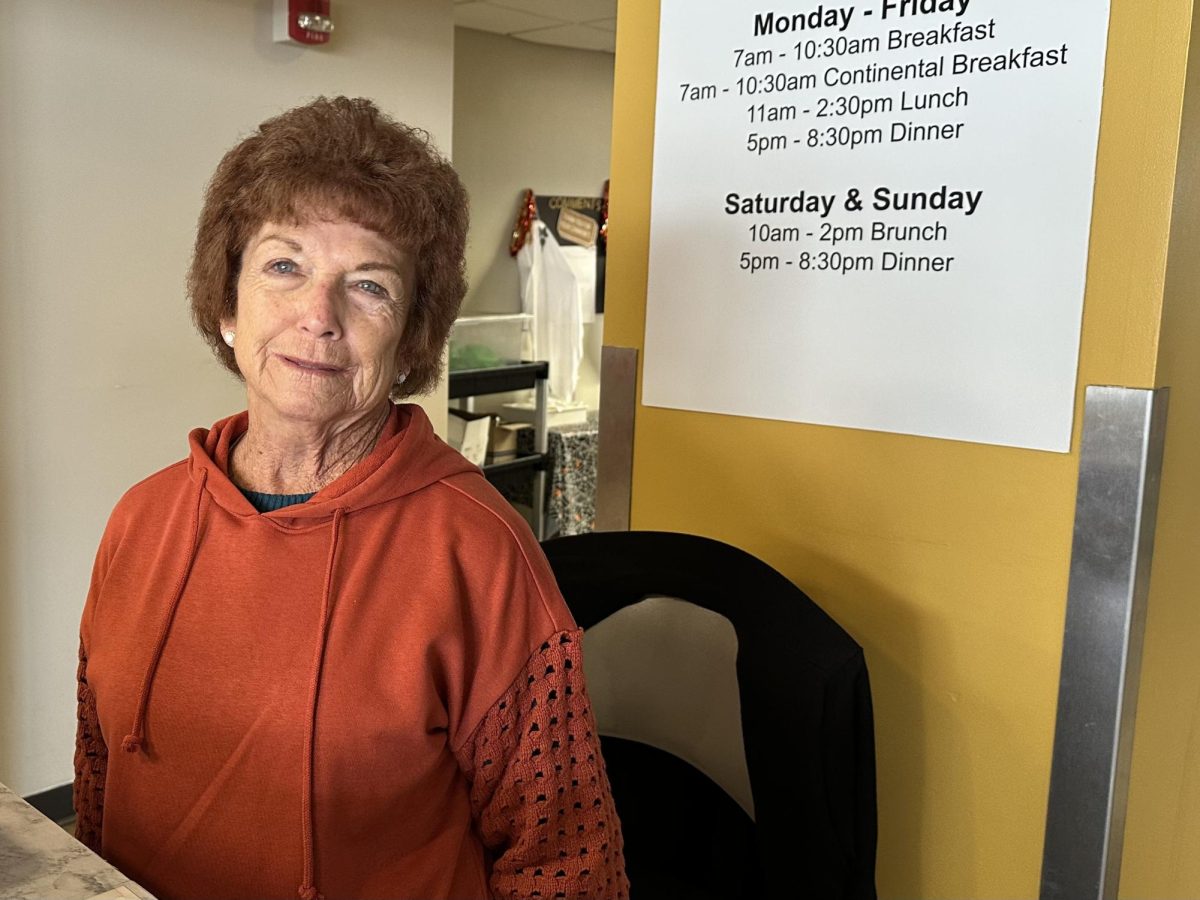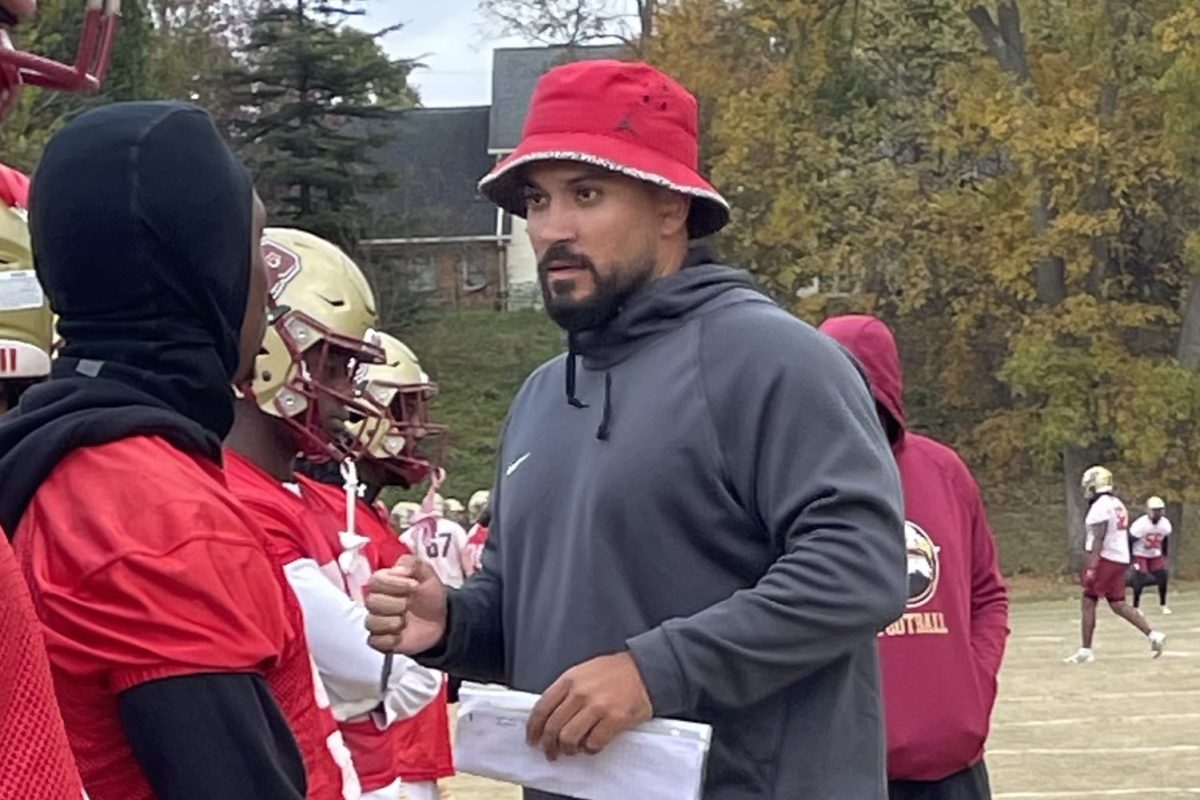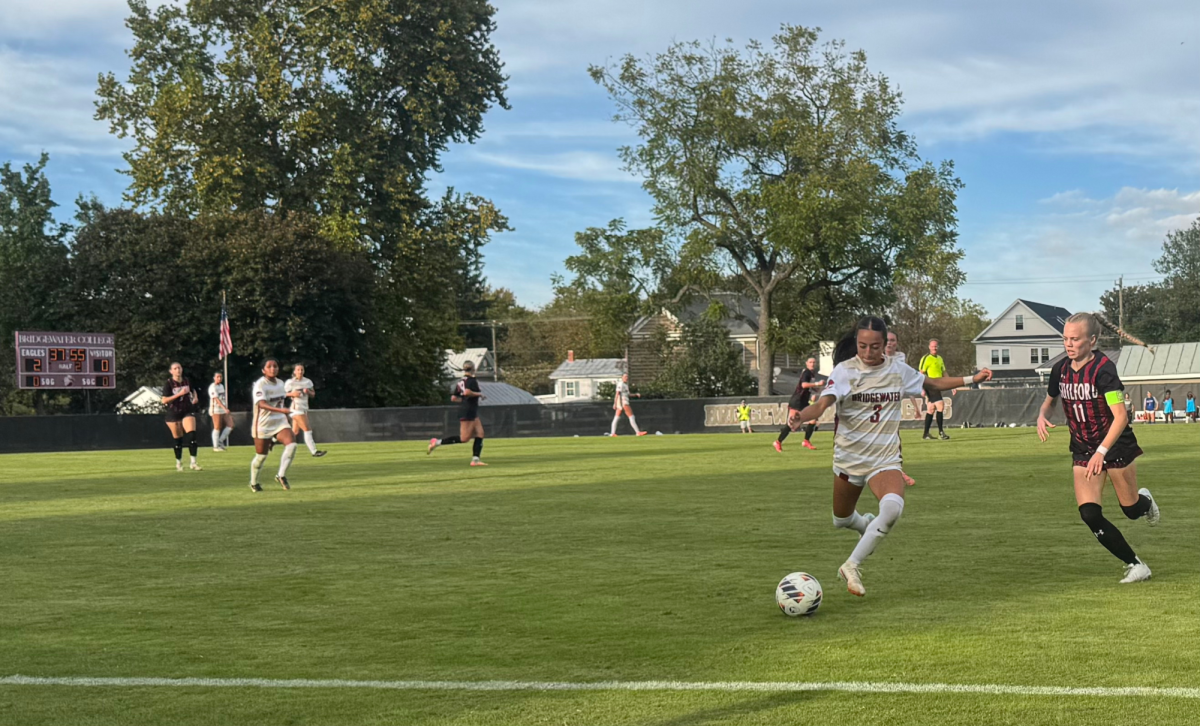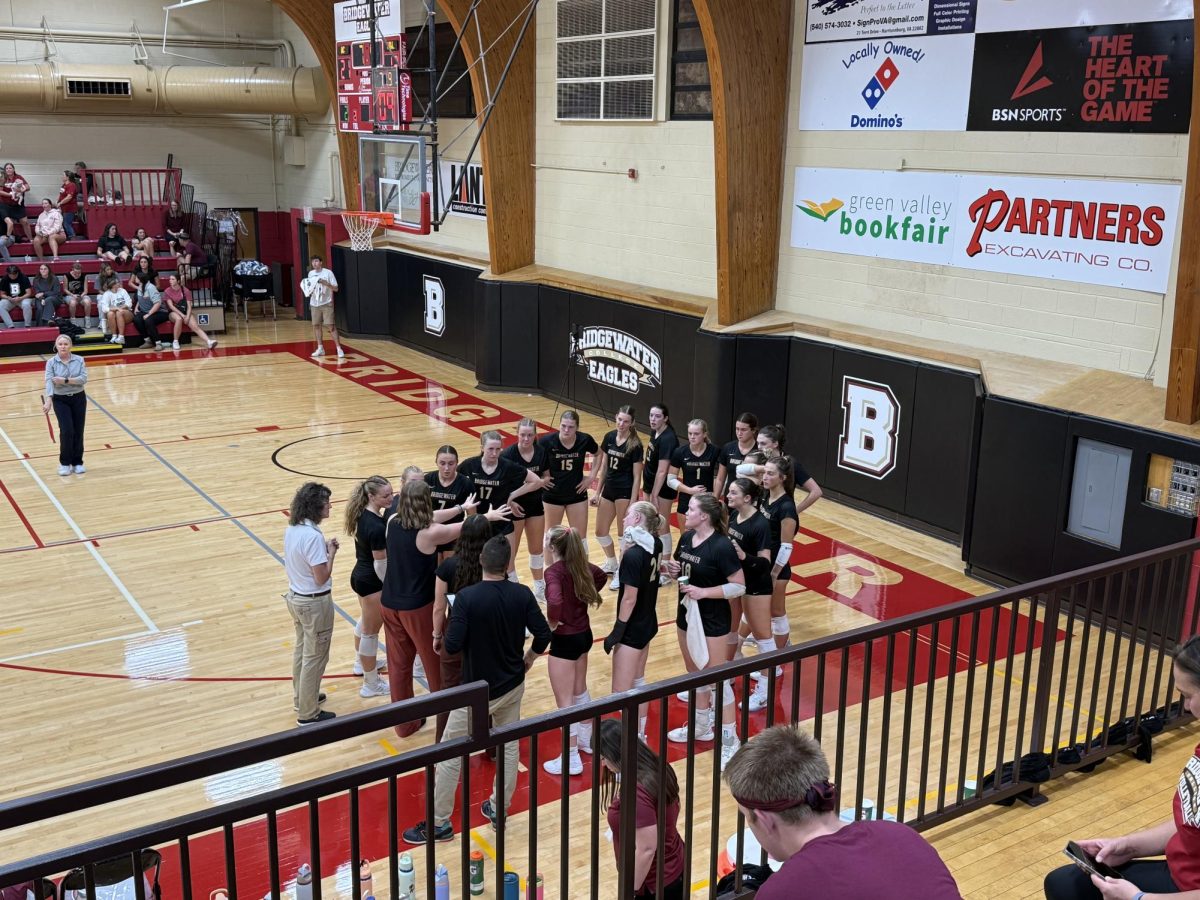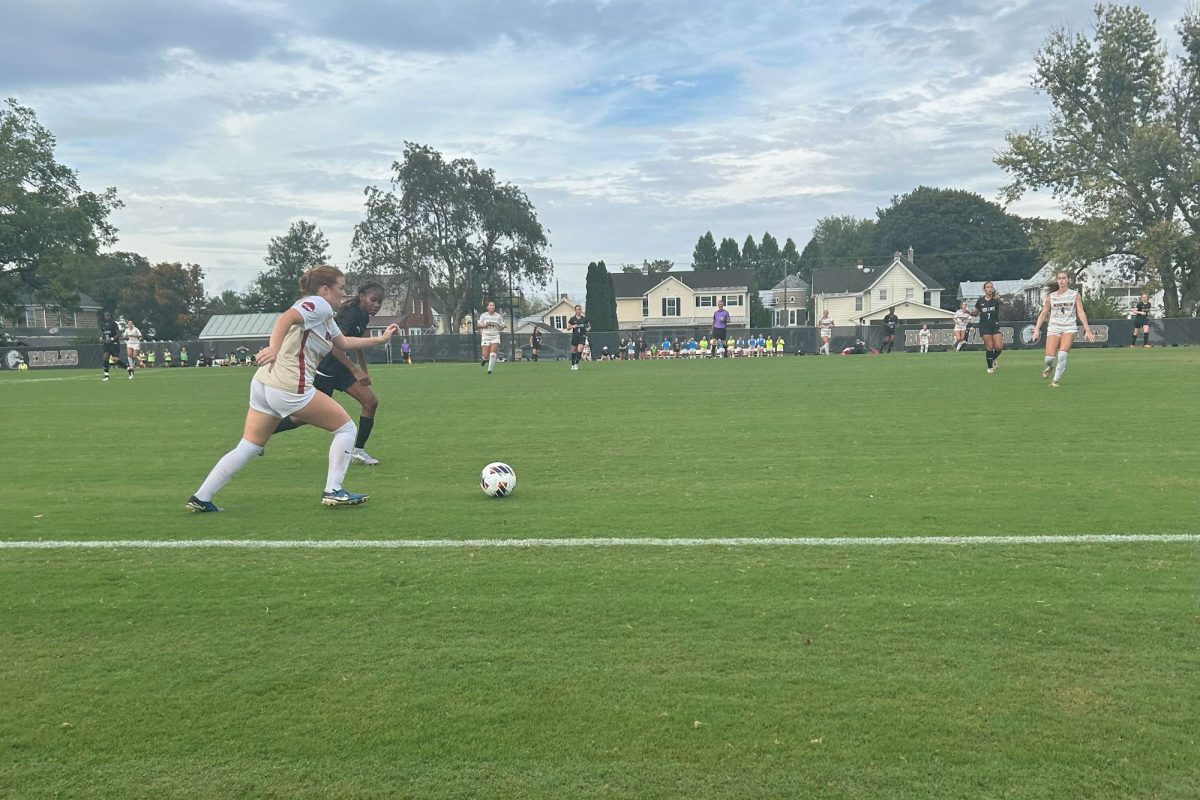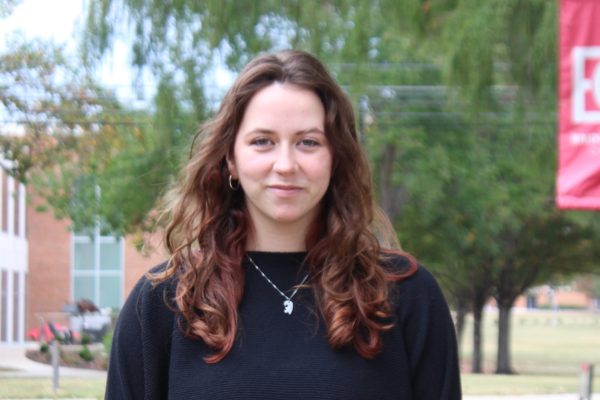BRIDGEWATER, Va. – He rushes from practice to his next class, still in his swimsuit and carrying the towel he used to dry off. Hours later, his teammate texts him a screenshot from Fizz: an unsolicited photo of him in class, captioned, “Didn’t realize it was bring your wet towel to class day.”
Trey Birchett, a student at Bridgewater College, was photographed and posted online without his knowledge. What is concerning, Birchett said, is that it’s untraceable.
Anonymity
Birchett said that he could guess who might have taken the picture of him based on who was in the classroom, but that is not always the case. He said it is easier to be posted online without permission due to the anonymity.
“You can’t do anything in secret on this campus,” Katie Seymour, Wellness Education Director, said.
Birchett described how his photo might have been circulated in a group chat or through text messages before it was posted on Fizz.
“People just can’t live their lives anymore,” Birchett said. “It’s gonna end up on the internet somehow.”
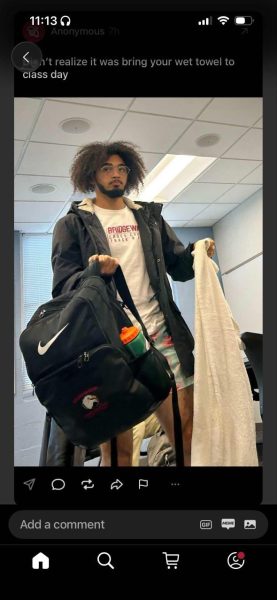
Noah Hess, Fizz user and student, said that there was an anonymous post made about him, saying he acted like a child.
“I’m not gonna let an anonymous person who would never say it to my face get in my head,” Hess said.
Hess believes that people are more willing to post false information anonymously online because of the lack of fact-checking.
On their FAQ page, Fizz describes itself as a discussion and news feed for communities. Seymour worries that the anonymity and lack of fact-checking on Fizz might feed into misinformation and disinformation online.
Seymour said that though there are benefits of gossiping like information sharing, it can be dangerous because the first response to new information isn’t always critical thinking.
“It’s really easy to believe lies,” Seymour said.
Cyberbullying and negativity
On BC’s Fizz feed, Hess recalled popular posts complaining about professors, sharing sexually explicit stories, spreading rumors about faculty and students, and sharing personal confessions. Hess said there were often posts about specific sports teams.
“People certainly aren’t leading with empathy on these kinds of apps,” Seymour said.
According to their Community Guidelines, Fizz prohibits personal attacks, bullying, and hate speech. Though Fizz has community content moderators, Seymour said that there does not seem to be much accountability on the app.
A recent article by the Trinitonian stated that a student at Trinity University attempted suicide due to Fizz in the Spring of 2025.
“People are emboldened to say things that they wouldn’t normally say because they think it can’t be traced back to them,” Seymour said.
Hess said that while some posts are positive, many users take advantage of the anonymity to post negative comments.
“There’s some people that, like, their only goal on the app is to just make people mad,” Hess said.
Hess posts anonymously at times but has also identified himself under the username “BC Ragebaiter.” He said his friends know he makes people mad on purpose as a joke.
Hess said he even baits both sides by posting multiple times with different stances, even replying to himself.
“That’s funny to me,” Hess said.
Hess said he knows “where the line is” between what is serious and what is a joke.
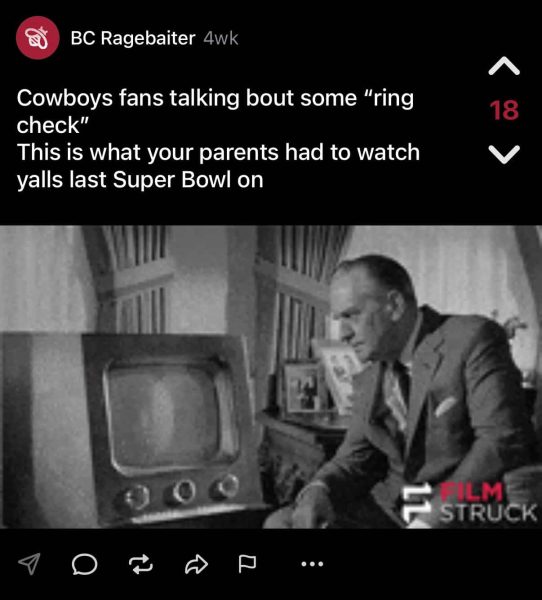
“The rage bait works even more when I say it over a phone because then you don’t know I’m kidding,” Hess said.
Campus Cares
“Fizz is a new platform but not a new concept,” said Seymour, who said she went to college with an app called YikYak.
Much like Fizz, YikYak is an anonymous discussion feed app for local communities. According to an archived TechCrunch article, YikYak was shut down in 2017 due to cyberbullying across the app.
Seymour said it would be nice if Fizz learned from its predecessor and took a more proactive approach to cyberbullying. Seymour suggested that more social media apps should have mental health resources available.
Fizz is not a point of major concern for student conduct, according to Keon Nesmith, Director of Residential Life and Community Standards. However, Fizz is on the radar of the Connection Assessment Referral Effort (CARE) Team, Title IX, and others.
“You could go from being, having the best experience at Bridgewater College ever, and then an anonymous post could shift that overnight,” Nesmith said.
Despite his concerns, Nesmith said that gossiping is a part of the college experience. Seymour called gossiping a kind of “survival skill” because it informs and connects people in communities.
Both Nesmith and Seymour also have some concerns about some students’ unwillingness to have face-to-face conversations. Nesmith said that campus resources are encouraging students to talk to each other about their differences.
“Part of college is being uncomfortable,” Nesmith said. He challenges Fizz users to have in-person conversations about their concerns.
Seymour said that some of the complaints on Fizz could be resolved by choosing to have hard conversations.
“Posting online is not gonna fix anything when you have an actual, potential conflict,” Seymour said.
Hess said the app is fun if used correctly, but the hype is dying down because of the attacks on other people.
“It was kind of disappointing because I actually did enjoy some of the content that was coming from it at first,” Birchett said.
Birchett blocked his anonymous Fizz poster. Now, walking to class in his everyday, he wonders who else might be secretly taking photos of others around campus.
Concerns about student well-being can be reported anonymously here.

